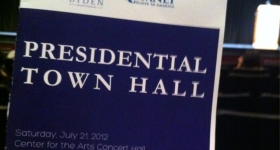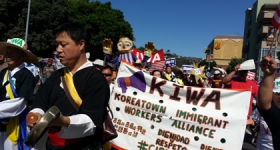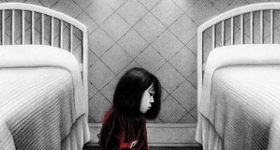by J.Wes Yoder
In a country where conversations about racial equality are focused heavily on African-Americans and Latinos, the Southeast Asian Resource Action Center in Washington, D.C., serves a different population. SEARAC supports grassroots organizations that are looking out for kids like Hem, children of refugees who face many of the same issues that other minority groups face, like poverty, violence, prejudice, racial profiling, and despair.
Originally published at Philanthropy News Digest's Philantopic blog.
He’d stayed calm as a cop dumped the contents of his backpack onto the sidewalk.
Scenes like this had already played out with most of his friends. Today he was riding his skateboard to school, and running late, and now it was his turn to be the law’s concern. He was made to take his shirt off, to have photos taken of his tattoos. All the while he stood quietly, insisting that he wasn’t in a gang, saying softly, “I don’t belong to nobody,” over and over, but when he saw the cop get angry and toss his skateboard out into the street, he ran after it, picked it up, and came right back to the questions. At 14, that plank of wood and those wheels were the only place he felt good.
“What gang are you in?” the officer asked Anthony Hem, a son of Cambodian immigrants. How many times would he have to say it? “I don’t belong to nobody.” Finally the officer went to his car, came out with a list of area gangs, and picked one near the top. “He just came up to me and said, ‘Now you’re on gang file. You’re from this gang now, the Asian Boyz,’” Hem remembers. The Asian Boyz are affiliated with the Crips. From now on, that’s how the law would see him.
In a country where conversations about racial equality are focused heavily on African-Americans and Latinos, the Southeast Asian Resource Action Center in Washington, D.C., serves a different population. SEARAC supports grassroots organizations that are looking out for kids like Hem, children of refugees who face many of the same issues that other minority groups face, like poverty, violence, prejudice, racial profiling, and despair.









Comments